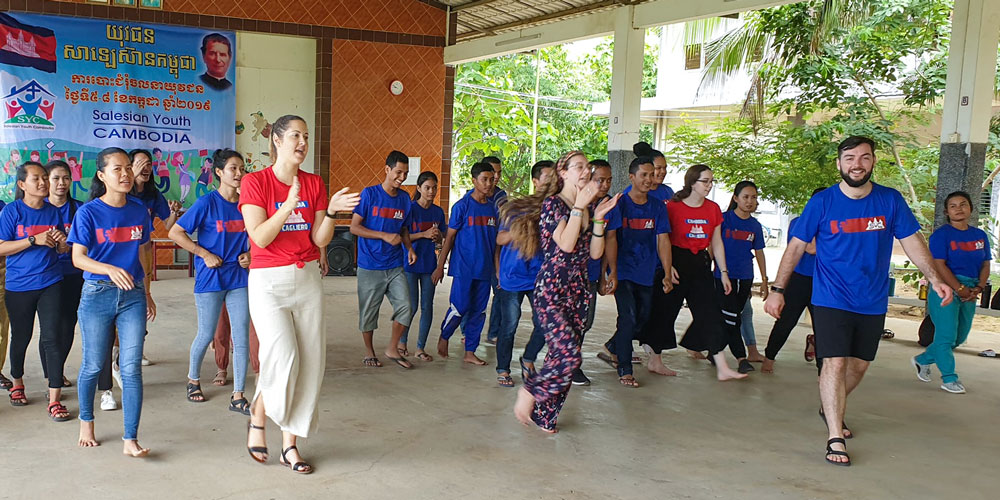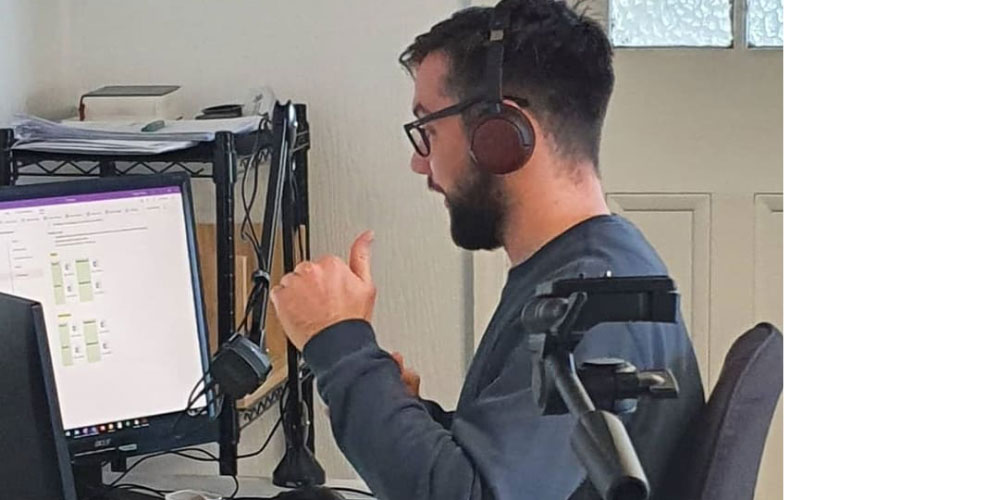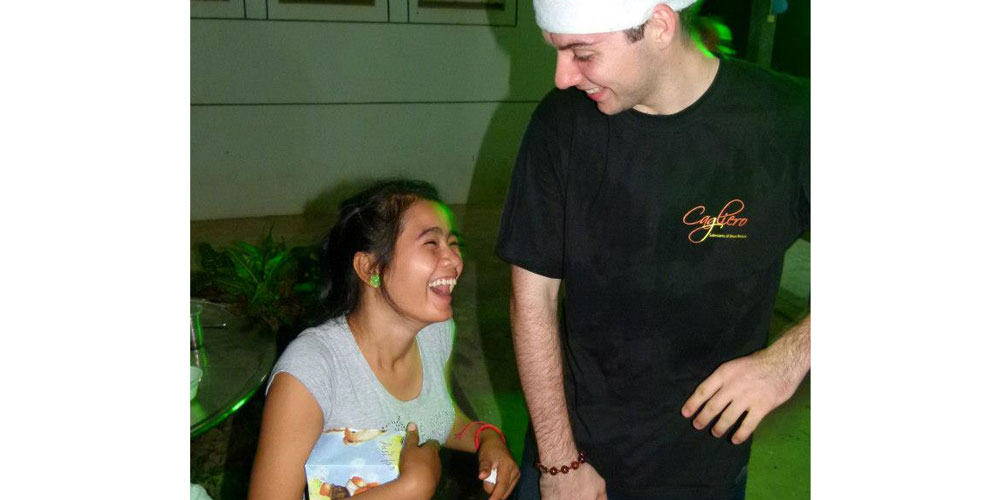The gift of listening is something that underpins all human connection. It has become clear during this time of COVID that what is needed from educators and ministers is a gentle, attentive listener.
There are many gifts of being an influential speaker, a performer who is able to shift minds and hearts with words, a musician who sings to the soul, or many other such talented individuals who use words and voices for good.
However, I posit that there is a deeper gift of listening that binds all human relationships. One cannot shift hearts or minds or souls if the other doesn’t hear you.
It can be found in our earliest days learning to speak – first we must hear the words. We must see them in action and associate them with various actions and objects before we can come close to understanding them as verbs or nouns.
The gift of listening opens our minds to the vocal world we inhabit. Listening draws us out of the inner world, we are called to interact with other creatures who demand our attention – often noisily.
With time we form relationships and bonds that are nourished by hearing the other. We learn to give of ourselves and make room for needs beyond our own. Listening draws us out and binds us to others. It is this gift of listening, and being listened to, that speaks of a deep love and trust.
 During his time as a Cagliero Project volunteer, the difficulties of the language barrier also helped guide Tristan to a newfound appreication for the art of listening.
During his time as a Cagliero Project volunteer, the difficulties of the language barrier also helped guide Tristan to a newfound appreication for the art of listening.
I am reflecting on all this because for so many weeks my constant pursuit has been listening. Whether it is to recorded messages, video calls, hearing the other through written word – my role has shifted from speaker to listener. This period of remote teaching during COVID has enabled a deep re-evaluation of my role as a teacher.
So many times, in a busy and boisterous classroom it has fallen upon me to be heard. I must speak and others must listen. I am in the know and am in control, so my voice should speak above all. That is my job. How can I educate others without being heard?
If nothing else, COVID has given me this gift. A re-evaluation of the importance of my own voice. I would now argue, how can I educated if I cannot hear, if I cannot listen? A good lesson in humility!
My emails and video calls have predominantly been filled with conversations around well-being and managing workloads. “How are you?”, “are you keeping up?”, “how can I help you?” – these are my refrains. It has become increasingly obvious that in the reinvented digital classroom my primary role is to listen to the needs of others, then secondly to speak and teach.
It’s a call synonymous with movements in the Catholic Church post-Vatican II. To listen to the needs of our societies and speak of eternal truths in renewed ways. Just like every good school there has been a need for a responsive shift in Church pedagogy.
Pedagogy refers to the way something is taught. There has been no greater need in the world for a message of love, truth, beauty and forgiveness – yet who speaks this message, who acts out this message, and how they act are crucially important.
 As a teacher in a Catholic school, there is a great duty and a great priveldge to help guide young people on their Christian journey, no matter which platform this takes place on.
As a teacher in a Catholic school, there is a great duty and a great priveldge to help guide young people on their Christian journey, no matter which platform this takes place on.
I would argue one crucial aspect is that there can be no authentic message unless these speakers have humbly listened and shared the lived experiences of their ‘audience’.
This pedagogical shift to a humble, listening presence relates to the beautiful image of the Good Shepherd. This shepherd is only truly themselves when out searching and listening for the cry of the lost or wounded sheep. The Good Shepherd is better able to demonstrate their love and beauty when immersed in the world of the sheep listening to their cry.
Listening to the daily cries of the world is a vocational call. To be the Good Shepherd, to be like Jesus, or any other person filled with goodness and love, requires a simple first step – hear the daily cries echoing in our societies. Go search for them, sit next to them, and listen.
When we listen, and truly hear, then we may have something to say to them. I pray the first words are “thank you for trusting me to listen to you, how can I help?”

Tristan is a teacher at Salesian College Chadstone and he has a vlog, Beyond the Board where he offers insight into the life of a teacher.

